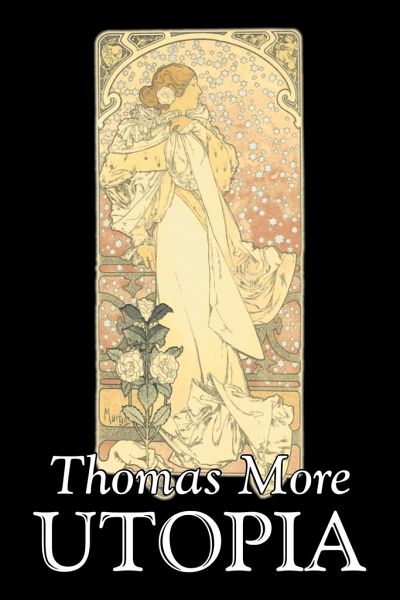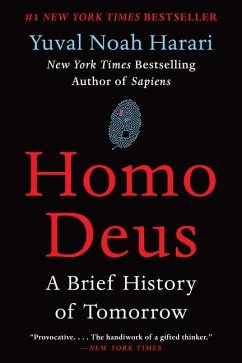
Utopia by Thomas More, Political Science, Political Ideologies, Communism & Socialism
Versandkostenfrei!
Versandfertig in 1-2 Wochen
13,99 €
inkl. MwSt.

PAYBACK Punkte
7 °P sammeln!
The name of this book has given an adjective to our language -- we call an impracticable scheme Utopian. Yet, under the veil of a playful fiction, the talk is intensely earnest and abounds in practical suggestion. It is the work of a scholarly and witty Englishman, who attacks in his own way the chief political and social evils of his time. . . . Designedly fantastic in suggestion of details, Utopia is the work of a scholar who had read Plato's Republic and had his fancy quickened after reading Plutarch's account of Spartan life under Lycurgus. Beneath the veil of an ideal communism, into whic...
The name of this book has given an adjective to our language -- we call an impracticable scheme Utopian. Yet, under the veil of a playful fiction, the talk is intensely earnest and abounds in practical suggestion. It is the work of a scholarly and witty Englishman, who attacks in his own way the chief political and social evils of his time. . . . Designedly fantastic in suggestion of details, Utopia is the work of a scholar who had read Plato's Republic and had his fancy quickened after reading Plutarch's account of Spartan life under Lycurgus. Beneath the veil of an ideal communism, into which there has been worked some witty extravagance, there lies a noble English argument. -- from Henry Morley's Introduction The novel was first published in 1516 in Latin.













![History [a Lecture Delivered at Columbia University in the Series on Science, Philosophy and art, January 15, 1908] Cover History [a Lecture Delivered at Columbia University in the Series on Science, Philosophy and art, January 15, 1908]](https://bilder.buecher.de/produkte/68/68911/68911420n.jpg)
